By Cristina Quiñónez
The tragi c deaths of George Floyd, Ahmaud Arbery, Ma’khia Bryant and Breonna Taylor and the countless other Black men and women who have lost their lives to senseless violence, shook the nation. At EBCLO, we recognize that a majority of our clients are youth of color from low income communities and that our clients reflect and experience the systemic racism built into our country’s child welfare system. In response to the Black Lives Matter demonstrations, EBCLO invested time, money and energy in changing the way our office serves our clients by holding space for diversity, equity and inclusion discussions with each other and our clients.
c deaths of George Floyd, Ahmaud Arbery, Ma’khia Bryant and Breonna Taylor and the countless other Black men and women who have lost their lives to senseless violence, shook the nation. At EBCLO, we recognize that a majority of our clients are youth of color from low income communities and that our clients reflect and experience the systemic racism built into our country’s child welfare system. In response to the Black Lives Matter demonstrations, EBCLO invested time, money and energy in changing the way our office serves our clients by holding space for diversity, equity and inclusion discussions with each other and our clients.
I joined EBCLO in the Fall of 2020 as a provisionally licensed attorney. This May marks one full year as a licensed attorney and a year and a half since I started to participate in these discussions. As a first generation attorney of color, I was relieved to know EBCLO was actively participating in DEI discussions together as a whole, as well as forming affinity groups which allowed for members of our office to share space to vent, grieve and support one another. I am a daughter of an immigrant and blue collar family; I have lived experiences that my peers, judges and opposing counsel will never understand. At first, it was difficult for me to be vulnerable and teach my peers of grievances and experiences I can understand and bear witness to.
Some of our clients look like me, talk like me and have an upbringing I know well because we share the same culture. It is my job and duty to help my colleagues understand our clients so not only can my co-workers feel confident in their strategic planning of a case, but so their clients feel confident in their representation. I understood that my moment of being vulnerable and uncomfortable with my peers in sharing my personal experiences could bring some sense of comfort to our clients who may not be ready to be as vulnerable.
By engaging in conversation and holding space for diversity, equity and inclusion discussions with each other and our clients, my colleagues and I have been empowered to interrupt our everyday lives to tackle topics relating to racism, social inequity and elitism in an effort to better understand the history and demands of people of color in this country and to foster community through collaboration. This experience has built and shaped my confidence as a first generation, female attorney of color to claim my role and the space I take when working with my clients, members of my community and colleagues in court. I learned how to be a more conscious advocate by taking the time to do the work to learn, listen and hold myself and others accountable for their opinions and actions regarding race, elitism and sexism thanks to the support and structure of EBCLO’s diversity, equity and inclusion program.
We use a collaborative approa
ch to serving our clients where we address and cater to our clients’ needs through intensive and individualized support including educating ourselves and each other as to how our clients’ culture and upbringing plays a part in their current situation. Every week, new clients are presented to our multi-disciplinary teams to strategize how to best meet a client’s unique needs. These meetings have provided different points of view and helped us all better understand how to best advocate for our clients in a way that is meaningful, specific to the client and culturally appropriate. This collaborative practice model has allowed EBCLO attorneys and social workers to learn about different cultures and community grievances all while bridging the gap between attorneys and social workers to advocate for our clients inside and outside of the courtroom. The collaborative and multi-disciplinary model we have implemented has been instrumental in helping me navigate my first year as a dependency attorney.
EBCLO continues to provide trainings and individual consultations to build a safe and equitable workspace for all of us while facilitating discussions to address our hidden biases. EBCLO is battling with getting uncomfortable and holding ourselves and each other accountable, but we have continued to muster through and support one another in our growth because at the end of the day, having these discussions and understanding different points of view is an integral part of our jobs as dependency attorneys and social workers.
My goal for EBCLO is that our organization strives to be at the forefront of change in the way dependency law is practiced. And my goal is attainable so long as discussions of racism, elitism and sexism align with our actions inside and outside of the courtroom, and we collaborate internally so that our clients’ needs are met. I believe in raw and honest conversations with myself and my colleagues, so that I can learn, listen and understand different walks in life and provide an informative and calculated opinion when necessary. Our clients deserve the hard work and dedication these thought-provoking conversations require. I am grateful that EBCLO has provided us with this opportunity to hold space and will continue to do so in the future.
